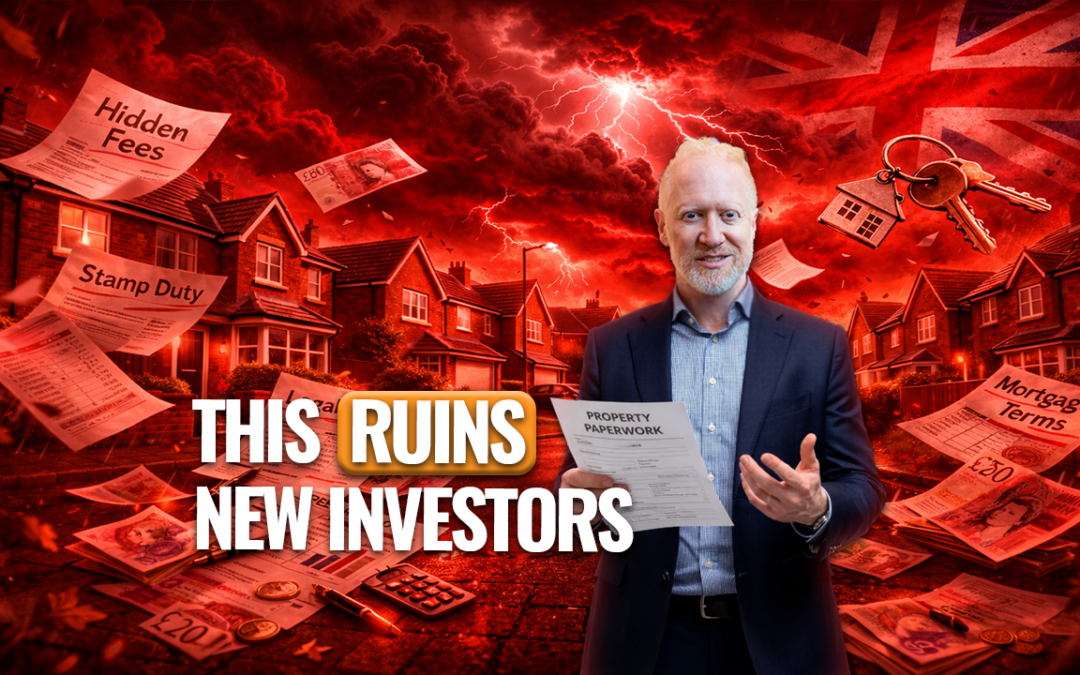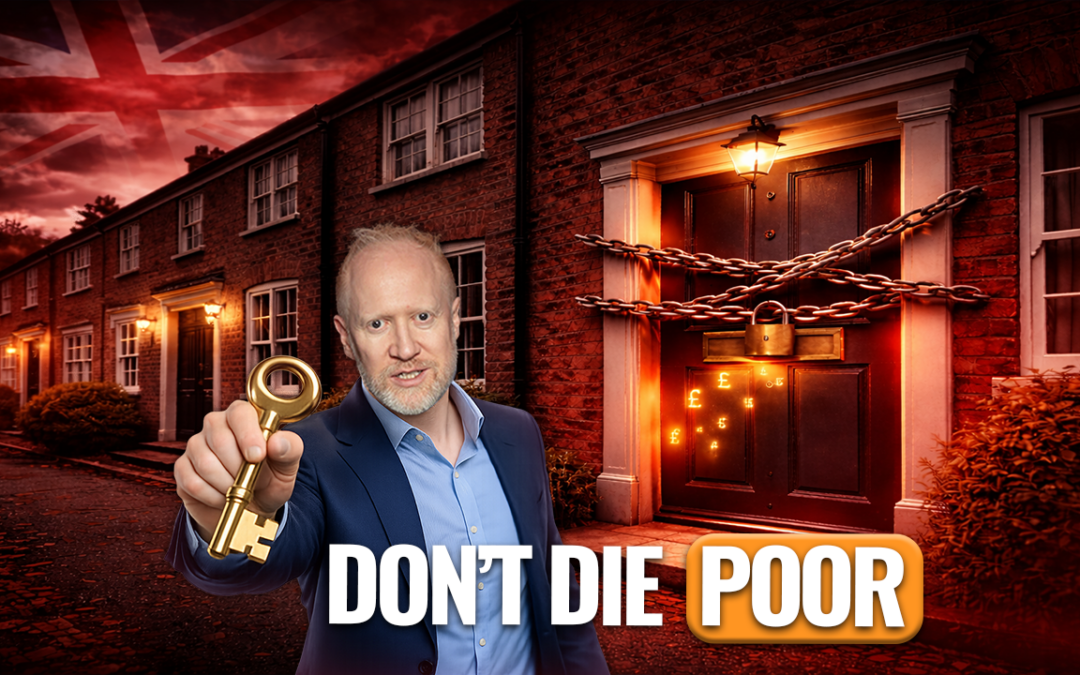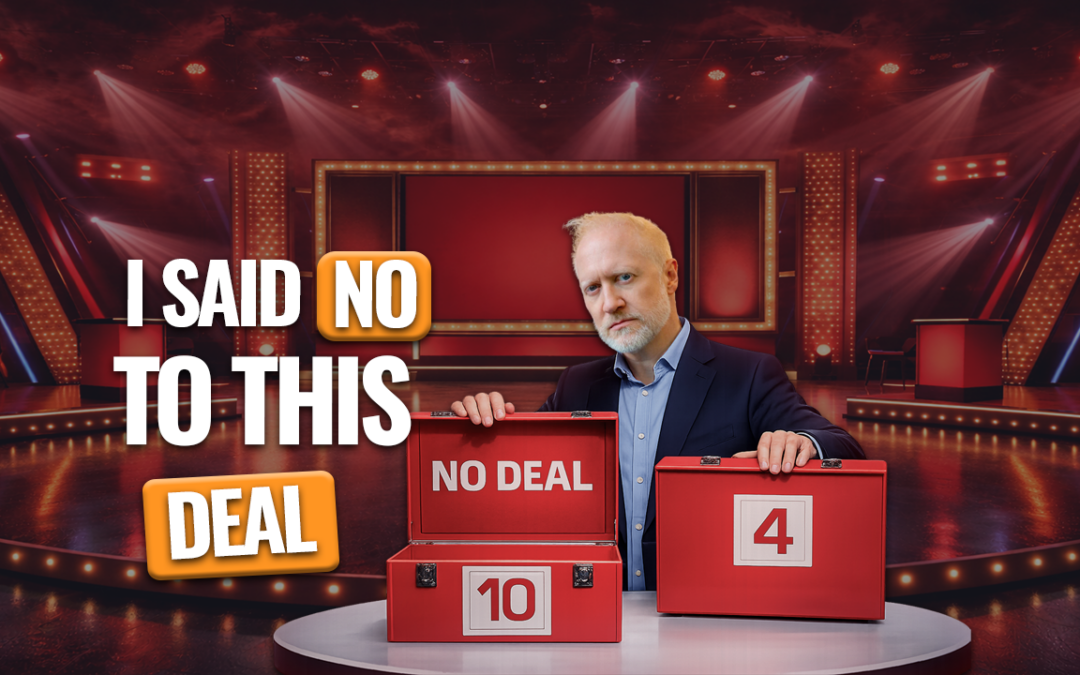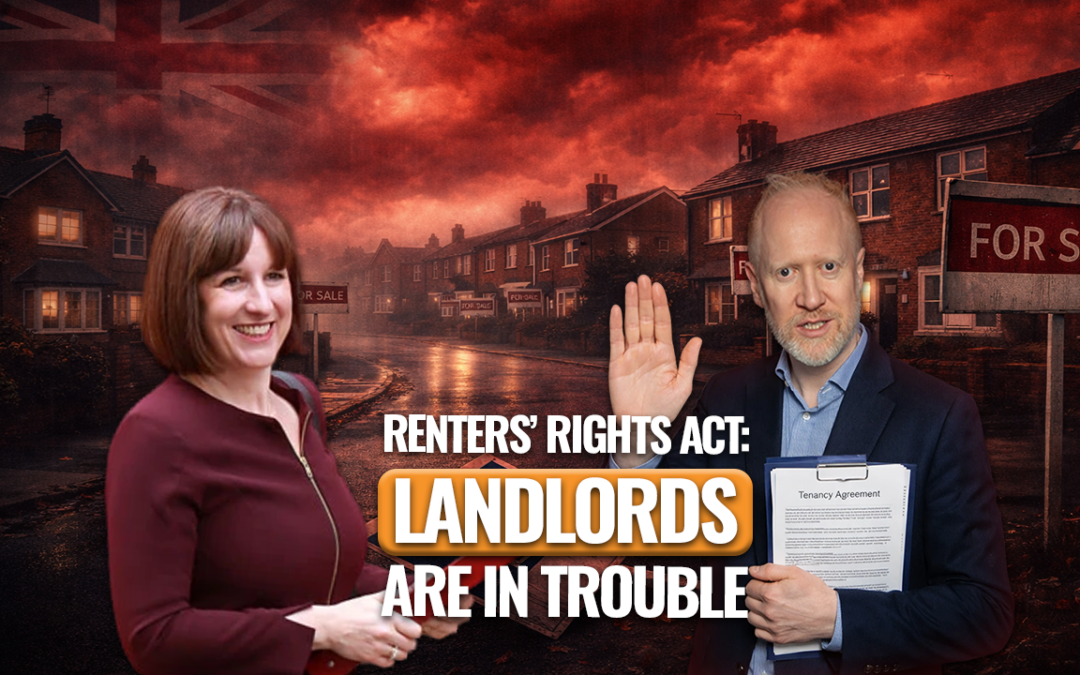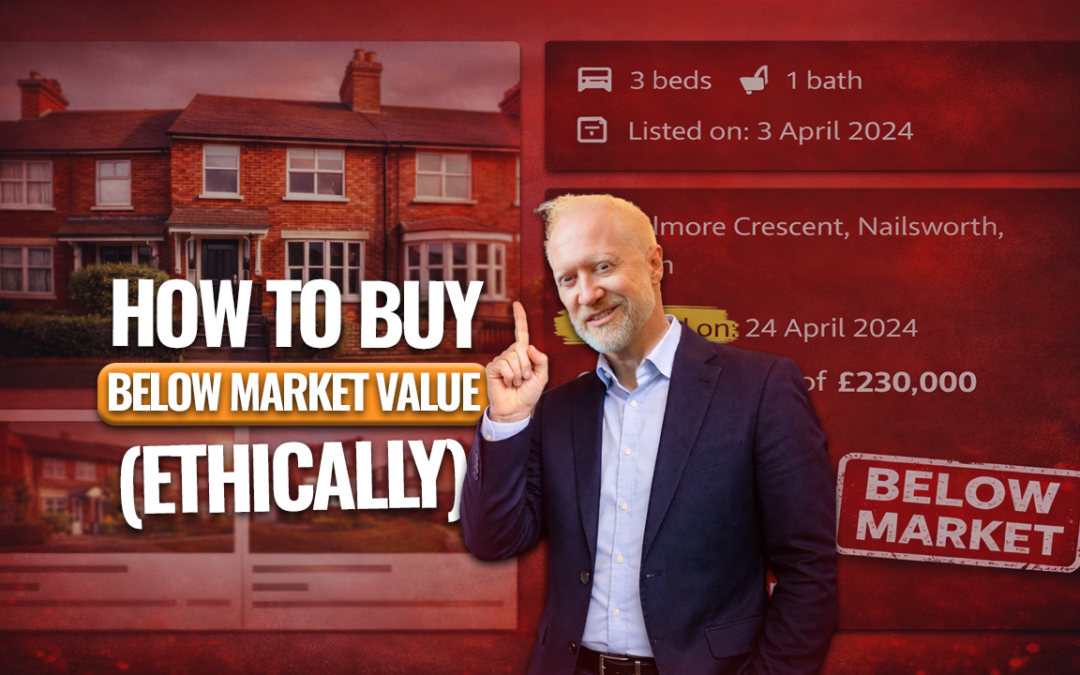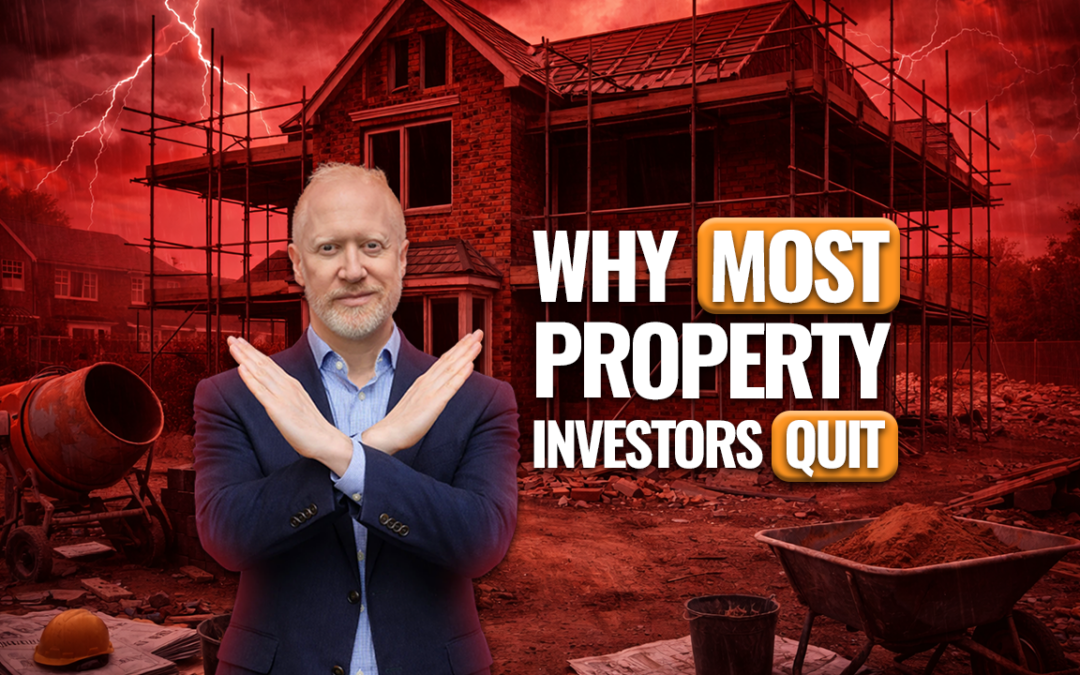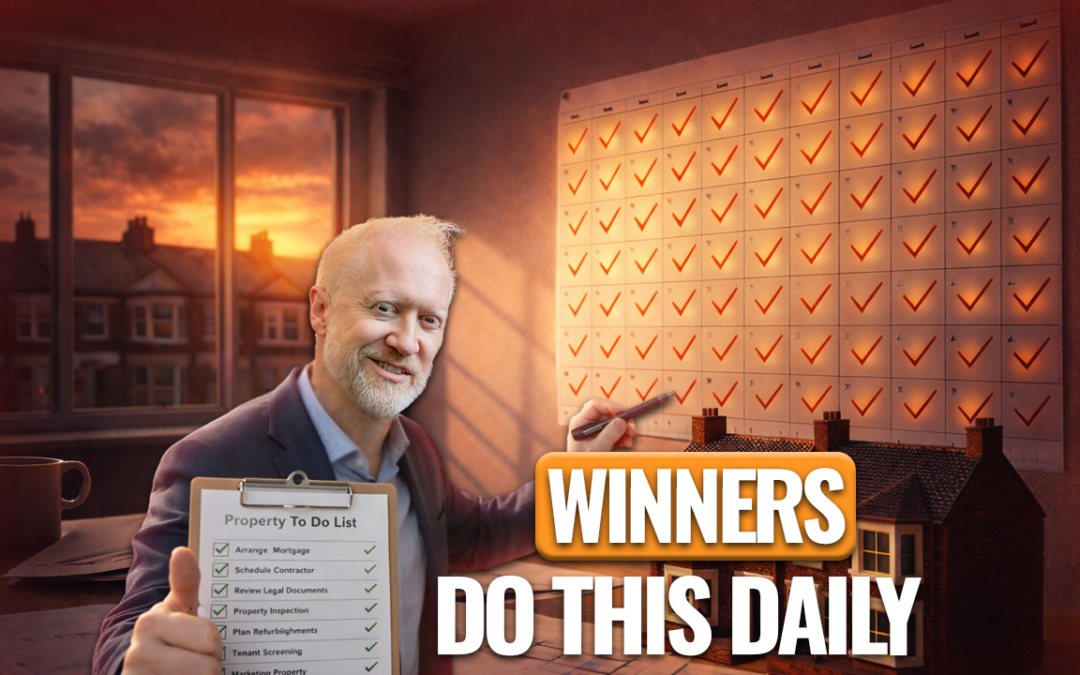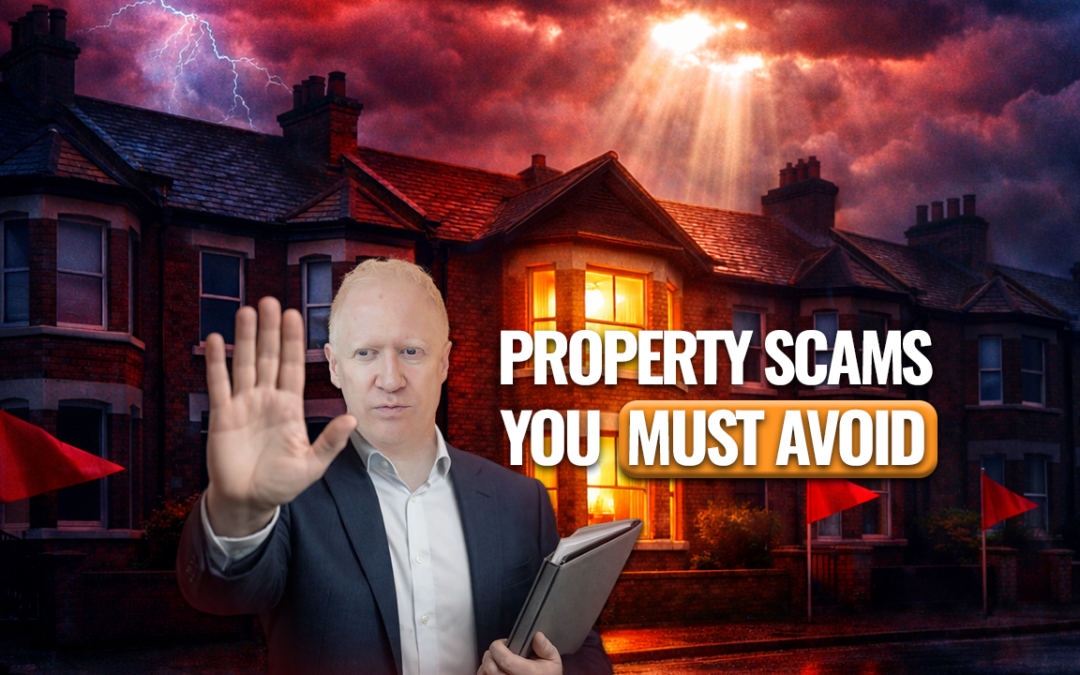In this blog, I’m going to show you how you can invest in property with no money. Very often, I get asked by people, “How can you invest in property with no money?” Well, I’ll discuss some of the realities with you here, and then I’ll share some of the creative financing strategies you can use so you can invest in property with no money.
So first of all, when you buy an investment property, you typically get a 75% buy-to-let mortgage and then you get a 25% deposit to put into the property. Now, this is where most people struggle. They realise that with the resources they have, at some point, they’re going to run out of deposit money. You might be at a point where you have no money to start with and you think, “How on earth am I going to invest?” let me let you into a couple of secrets here.
Finding a Good Deal and Doing a Joint Venture
Whilst some money is usually required for most property investment purchases, it doesn’t have to be your money. There are a couple of ways of you funding deals using none of your own money. First of all, let’s say you find a good investment point. Now it does need to be a good deal. It won’t be something that’s available for sale on Rightmove; it’ll need to be a really good deal. What we mean by that is maybe it’s at a discount, maybe there’s a really good cash flow or maybe there’s a great return on investment. It needs to be something that will be attractive to someone who’s got the money and then they might be prepared to invest with you on what we call a joint venture. So you educate yourself to find out what’s a good deal and you get out and you find it. At the same time, you’re looking for people who might have the money, but don’t have the time, the knowledge or the inclination to do it themselves. You find the deal, they put the money in and you have a joint venture. You share the cash flow and you share equity growth on the property. It’s a great way to get going.
“Whilst some money is usually required for most property investment purchases, it doesn’t have to be your money.”
Asking the Right Questions and Raising Private Funds
The problem is, this can be quite expensive. If you think about it, if you own this property for a number of years and you give it away for maybe half the profit, this can cost a lot of money. A more cost effective way is finding someone who would just lend you the money, and they get a return for their money. Very often when we talk about this, people think, “Oh, I don’t like the idea of asking other people for money,” and you should never do that. Instead of going to someone, what might feel like capping hands and asking “Oh, can I have some money to invest?” you should go to them and say, “I’m looking for someone who wants to share some of my profit. I’ve got some great property deals, I’m looking for somebody who wants to make more on their money than they’d make in the bank.” I’m summarising here for you, but that’s the essence of how you raise private funds.

Purchase Lease Options and Vendor Finance
There are also other ways of investing, using very little of your own money. For example, there is a strategy called purchase lease options. This where you control a property, you don’t actually buy it, but you get the cash flow and equity for growth from a property you don’t even own. How can you do that? Well fundamentally, what it means is, a person wants to sell their property because they don’t want the hassle anymore and you take the property on but it stays in their name. You pay them a certain amount each month to cover their mortgage and a little bit of profit then you rent it out at a higher rate and that’s how you make a profit. So you can control a property you don’t own. There are lenders, our commercial lenders, who will give you all the money you need to do those deals. It’s not as much as the 25% deposit, but there might be five to £10,000. You could borrow that money and then you can pay it back from the cash flow from the property deal, so it must be a good deal.
Then there’s vendor finance. This is where someone doesn’t want to do an option, they just want to get the property sold. They sell it to you and they don’t need all the money, so they lend you the deposit to buy it. Now, this needs to be done in the correct way so it’s all legal and above board. Generally, you buy it with bridging, because a normal lender wouldn’t want to do that. Once you’ve owned it for six or nine months and hopefully added value to the property, you then refinance it onto a normal mortgage and pay the money to the lender. These are just a few of the ways you can use creative financing to fund deals using none of your own money. So if you want to buy property with no money, these are some of the strategies you can use.
“There are lenders, our commercial lenders, who will give you all the money you need to do those deals.”
Learn More about Investing With None of Your Own Money
Now, I actually have some online training all of the above. If you click on the link below, you can come and benefit from this free training to learn a lot more about how you can invest in property with none of your own money. I encourage you as ever, to invest with knowledge, invest with skill. I hope this post has inspired you and shown you that even if you have no money, you can still invest in property as long as you learn how to find great property deals. I’ve got lots of posts on this blog to teach you all about how you can do that. So invest with knowledge, invest with skill, I’ll see you in the next article.

